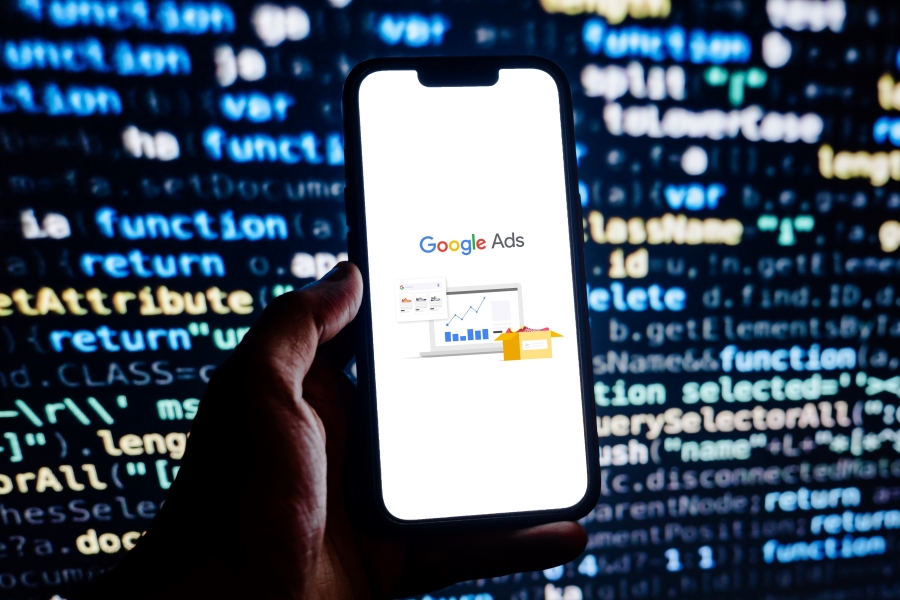Google has announced the global rollout of AI-powered asset generation and image editing for Performance Max campaigns.
The rollout—which is due to hit US shores in March and globally thereafter—will be available in English, with additional languages on the horizon. It aims to improve how marketers engage with consumers across Google’s ad inventory.
Performance Max campaigns will integrate Gemini, Google's generative AI model, allowing advertisers to create more dynamic and relevant ad content, including long headlines and soon, site link generation.
In early February, Google changed the name of its generative AI model from Bard to Gemini, and introduced a mobile app and Gemini Advanced with Ultra 1.0.

The forthcoming upgrade to Imagen 2, Google’s text-to-image technology for image generation, will also allow for the production of lifestyle imagery showcasing people in action, further enriching the visual appeal of advertisements.
In a blog post, Google shared that the move to incorporate AI in ad creation and editing is designed to streamline complex processes, making it easier for brands to produce varied and impactful creative assets.

Google claims advertisers who harness the power of Performance Max's AI features are seeing tangible benefits, with a notable increase in campaign effectiveness. Specifically, campaigns with ‘excellent’ ad strength—a measure of asset variety and relevance—enjoy a 6% boost in conversions on average.
Google believes the introduction of AI-generated assets and the upcoming Canva integration not only simplifies the asset creation process, but also empowers advertisers to meet the fast-paced changes in consumer trends and preferences.
As part of a walled garden, Google’s PMax has previously been criticised for being a black box and forcing advertisers to place too much blind faith in the platform, with user privacy regulations mitigating how much campaign performance data Google can share with advertisers.











